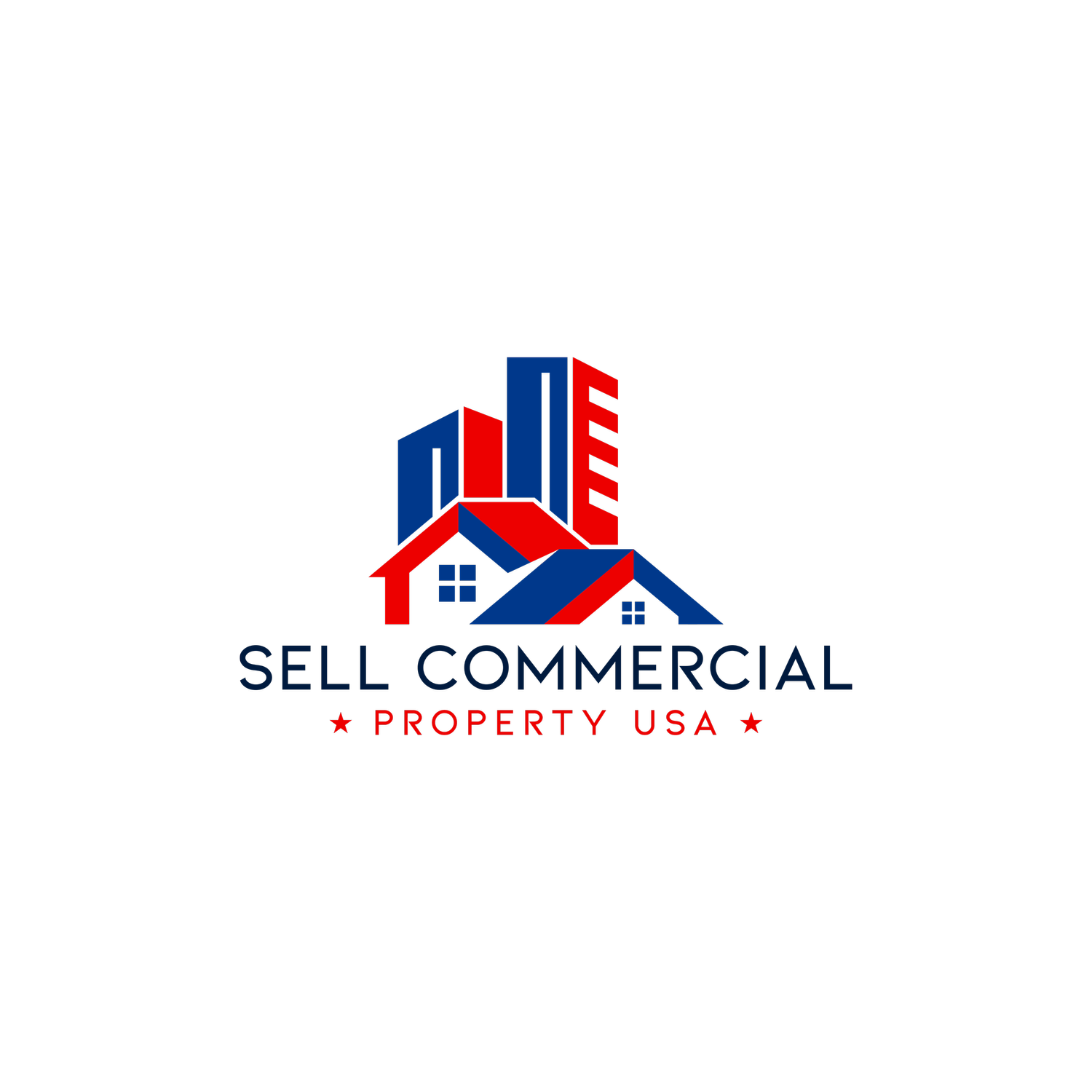How to Sell Commercial Property in Massachusetts
Selling a commercial property in Massachusetts can be both an opportunity and a challenge. From navigating local zoning laws to evaluating market conditions in cities like Boston, Worcester, and Springfield, property owners often face long timelines, complex negotiations, and financing hurdles from potential buyers. For many sellers, especially those looking to close quickly or avoid uncertainty, selling directly to a cash investor has become the most efficient and reliable path.
Understanding the Massachusetts Commercial Real Estate Market
Massachusetts boasts one of the most dynamic commercial real estate markets in the country, driven by its diverse economy, strong education sector, and thriving industries such as biotechnology, healthcare, and technology. However, the same factors that fuel demand also create volatility.
Traditional buyers—such as businesses seeking new office or retail spaces—often depend on bank financing, appraisals, and extensive due diligence. These steps can delay the sale for months. In contrast, cash investors, who buy properties outright without financing contingencies, provide a faster and more predictable process.
Recent market trends show increasing interest from institutional and private investors who target commercial assets in suburban areas like Waltham, Newton, and Framingham, where rental demand and redevelopment potential remain strong. Sellers in these areas can benefit from high buyer competition—but only if they can act quickly and streamline the transaction.
The Challenges of Selling Commercial Property Traditionally
Selling a commercial building through the conventional listing process often involves:
Lengthy marketing and showings: Finding qualified buyers for specialized spaces (warehouses, retail units, mixed-use buildings) can take months.
Financing delays: Even if a buyer agrees on a price, lenders may require environmental assessments, detailed appraisals, or updated inspections before approving a loan.
Renovation and compliance costs: To attract traditional buyers, sellers might need to invest in repairs or ensure ADA and fire-safety compliance, which can reduce profit margins.
Uncertain closing: Deals can fall through at the last minute if financing fails or if market rates change.
These barriers make the traditional approach time-consuming and unpredictable—especially for sellers facing property taxes, vacancy losses, or partnership dissolutions.
Why Selling to a Cash Investor Makes Sense
Choosing a cash buyer eliminates nearly all the pain points above. Here’s why this option is particularly effective in Massachusetts:
Faster closings: Cash investors can often close within 7–14 days because there are no loan approvals or underwriting steps.
As-is sales: Sellers can transfer the property without making costly repairs or upgrades. Cash buyers typically accept the property in its current condition.
Lower risk: With no financing contingencies, there’s minimal chance of the deal collapsing at the last moment.
Flexibility: Cash investors may offer creative solutions such as lease-back arrangements, helping businesses continue operations while freeing up capital.
Certainty in volatile markets: When interest rates rise or commercial lending tightens, cash investors remain active and ready to buy.
These benefits appeal especially to owners of older office buildings, underperforming retail centers, or industrial properties that need redevelopment. Cash buyers often see value in repositioning or repurposing such assets for future profit, providing sellers with a clean exit strategy.
How to Attract the Right Cash Buyer
To maximize your return, preparation still matters—even when selling to a cash investor:
Know your property’s numbers. Gather rent rolls, expense statements, and recent tax bills. Investors will use these to determine value quickly.
Highlight redevelopment potential. Zoning flexibility or proximity to major routes like I-90 or I-93 can significantly increase investor interest.
Partner with local experts. Real estate professionals familiar with Massachusetts regulations and investor networks can connect you to serious cash buyers and help negotiate fair terms.
Conclusion
Selling commercial property in Massachusetts doesn’t have to be a drawn-out, stressful process. Whether you’re offloading an aging office complex in Cambridge or a warehouse in Lowell, cash investors offer speed, certainty, and simplicity.
By skipping financing delays and “as-is” repair costs, you can close faster, minimize risk, and move forward with confidence. For many property owners, selling to a cash investor isn’t just the easiest route—it’s the smartest financial decision in today’s evolving market.

